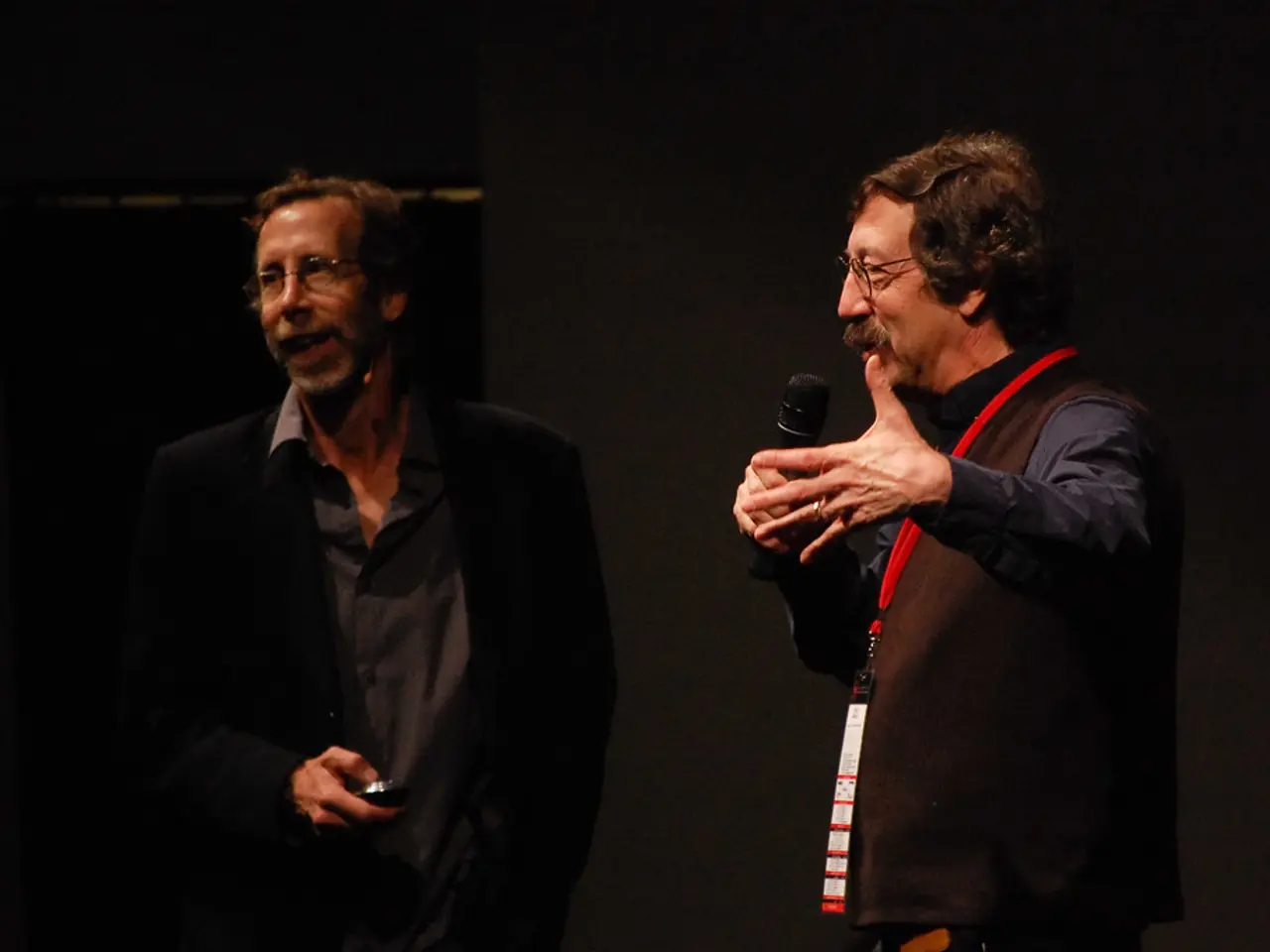Honoring the Pioneer: Prof. Anand C. Paranjpe, a trailblazer in contemporary Indian Psychology
In the realm of psychology, few figures have left an indelible mark as Professor Anand C. Paranjpe. Born in India, Paranjpe's academic journey took him from the study of physics and cosmology to the exploration of Western philosophy, before ultimately settling in the field of psychology. His career, spanning over five decades, was marked by a unique blend of Eastern wisdom and Western scientific rigour, making him a trailblazer in Indian psychology and cross-cultural psychology.
Paranjpe's academic journey began at Harvard University, where he was exposed to some of the brightest minds in 20th-century psychology, including Gordon Allport and Stanley Milgram. However, it was his meeting with Erik Erikson, a celebrated psychoanalyst, that altered the course of his intellectual pilgrimage. This encounter led to an invitation for Paranjpe to join Erikson at Harvard University as a Fulbright and Smith-Mundt sponsored postdoctoral fellow.
Initially, Paranjpe's research work focused on intergroup conflict. However, his interest soon shifted towards Indian philosophy and psychology. This shift was reflected in his seminal work, "Theoretical Psychology: The Meeting of East and West" (1984), which proposed the idea of a comparative exchange between Western and Indian psychology.
Paranjpe's work is notable for emphasising that the purpose of Indian psychology extends beyond merely explaining behaviour to encompass the transformation or change of the self. This unique focus on self-development and personal transformation, rooted in Indian philosophical traditions, distinguishes it from many Western psychological approaches.
Paranjpe critically engaged with classical Indian concepts such as the Ātman (self) and developed these within a contemporary psychological framework. His scholarship often explored how Indian theories of selfhood, consciousness, and identity could inform and enrich modern psychological theory and practice. By doing so, he contributed to a deeper understanding of the self that bridges Indian philosophical insights with empirical psychology, thereby advancing cross-cultural psychology by promoting dialogue between Indian and Western psychological paradigms.
Some of Paranjpe's most significant contributions include advocating that Indian psychology aims not only to explain behaviour but also to facilitate self-transformation and personal growth. He also bridged Indian philosophical concepts (like Ātman) with modern psychological theories, and enhanced cross-cultural psychology by integrating Indian perspectives to broaden the universal applicability of psychological concepts.
One of Paranjpe's most influential works is the Handbook of Indian Psychology (2008), co-authored with Prof. K.R. Rao and Prof. Ajit Dalal. This seminal text validated Indian psychology as an independent scholarly discipline. Another notable work is Psychology in the Indian Tradition (2016/2017), co-authored with Prof. K.R. Rao, which traces the history of psychological thinking in India, from the Vedas to the Yoga Sutras, and emphasises the practicality of Indian psychology.
At the time of his passing, Paranjpe was working on a book about the transformation of consciousness as described in commentaries on Patanjali's Yoga Sutras. His vision for a psychology that is more inclusive and richer, emphasising inner growth and holistic, empathetic, and culture-based psychology, continues to endure.
Paranjpe's students, peers, and mentees globally remember him as an intellectually kind, thoroughly humble, and morally centered person. His experience among the poor and underprivileged rural village folk awakened a robust sense of nationalism and a longing for justice and compassion within him. This sense of social responsibility was reflected in his involvement in an Indian nationalist volunteer movement.
Centres such as the Hindu University of America (HUA) and many psychology departments in India and overseas owe a great debt to Paranjpe's pioneering work. His academic writing is considered fecund and pathbreaking, with his books serving as guiding lights for researchers investigating Indian psychology in contemporary scholarly discourse.
In sum, Paranjpe's key contributions are:
- Advocating that Indian psychology aims not only to explain behaviour but also to facilitate self-transformation and personal growth. - Bridging Indian philosophical concepts (like Ātman) with modern psychological theories to deepen understanding of identity and consciousness. - Enhancing cross-cultural psychology by integrating Indian perspectives to broaden the universal applicability of psychological concepts.
This cross-cultural synthesis helped elevate Indian psychology within global psychological discourse, positioning it as a transformative and integrative field rather than a purely explanatory one. Paranjpe's legacy continues to chart the limits of theoretical and cross-cultural psychology, synthesising science and wisdom, tradition and invention in his work, leaving a legacy of critical thinking, cross-cultural sensitivity, and psychological insight.
- Professor Anand C. Paranjpe's work, rooted in Indian philosophy and psychology, is a significant contribution to the realm of education-and-self-development, offering a unique perspective that emphasizes personal transformation and self-growth.
- Paranjpe's scholarship, particularly in the field of cross-cultural psychology, bridges the gap between Western scientific rigour and Eastern wisdom, thereby enriching lifestyle perspectives by integrating Indian philosophical insights with contemporary psychological theories.




